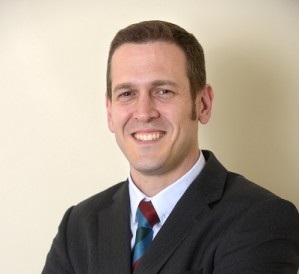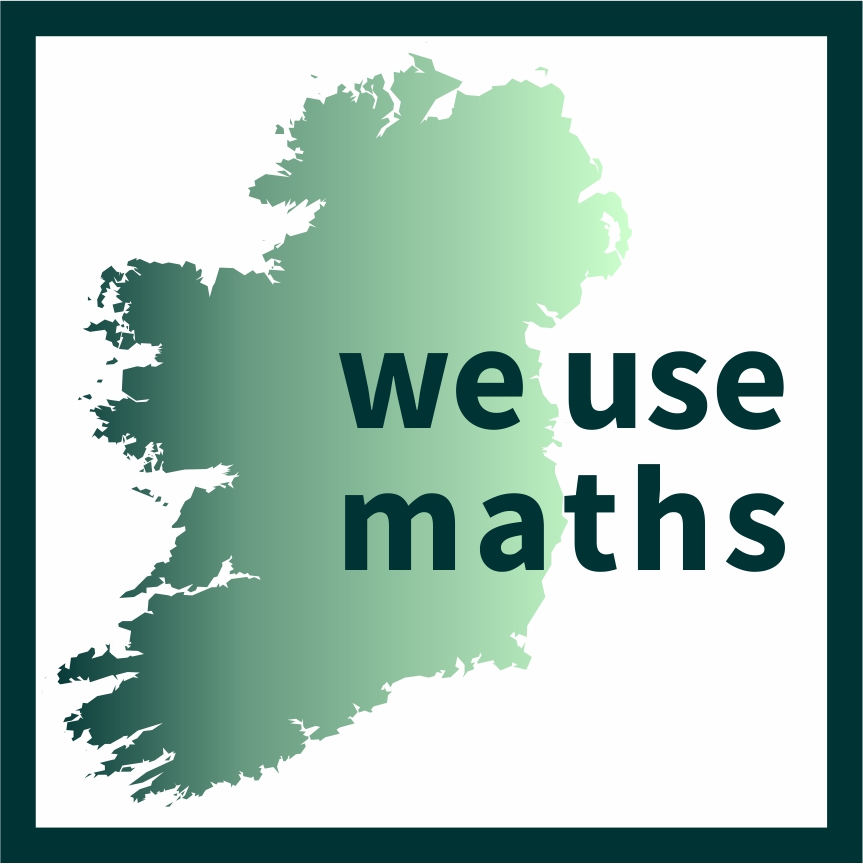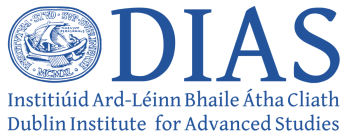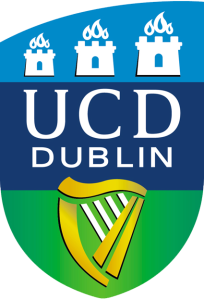Karl Deeter:
Mortgage Advisor

Your name?
Karl Deeter
Your job title?
Mortgage Advisor
What are your main tasks / responsibilities as a mortgage advisor?
When the company started I was a mortgage broker, then as it grew I moved more into insurances and now I work mainly in analysis, research and compliance. We still have a lot of brokers and their job is to help our clients through independent advice to get the best finance available on the market and to help them through the home purchasing process taking into account other financial products they may need to require to buy a home.
How do you use mathematics within your job?
I can’t think of the last time I didn’t use maths at work, in fact, I still get slagged for carrying a calculator in my pocket! Mathematics is the fundamental science in my view. I had started off studying science before moving into finance and virtually every good invention, piece of scientific research, every line of computer code and every financial model has maths at its core. Then of course, keeping tally in finance is all about accountancy which is based in maths as well.
What type of mathematics for you use to solve problems?
We tend to use decimals and ratios a lot, so when a person wants to buy a home and they have €28,000 saved and they want to know what the maximum mortgage they can get is we then calculated things like ‘Loan to value’ which is the size of a loan divided by the property value. We use financial mathematics via things like amortization calculators which determine how much a mortgage payment will be depending on the interest rate applied. We use accountancy all of the time, obviously you can never get away from understanding the PEMDAS rules because financial calculations often have different formations and if you come out with wrong numerator or denominator you go on to make bigger mistakes down the line. The last common thing we do involves the ‘time value of money’ which we use to create discounted cash-flows and compounding which is a similar equation but you are going the other way. Effectively, money and maths go hand in hand, so you can’t be in the world of money and not have mathematics all around you, understanding how to harness it, use it to help make decisions and general mathematical and financial literacy are vital to the job.
What aspects of the mathematics curriculum or mathematics courses have proven most useful to you?
Sadly I learned maths at a time when the pleasure of uncovering information wasn’t the focus which is something that I like about financial mathematics, the application of science (maths) was always more fascinating than just having to learn ‘the rules’ by memory. So the things I learned as a practitioner were the most useful. In particular ideas like the accounting equation, the use of ratios, financial maths and then as an adult learning to programme spreadsheets to model the things that I wanted to demonstrate (which is the culmination of maths, an algorithm or idea, and the creation of a model) have been invaluable.
What is your education to date?
I dropped out of science (I was horrible at physics) to study management and IT, I went to the DIT and it was a useful foundation, but what has served me the most is my professional training in things like accountancy and financial analysis. My post university education is in things that you don’t hear about on the CAO so I have my QFA (qualified financial advisor) a diploma in business and accounting from the ACCA, a certificate in consumer credit, a mortgage diploma, a certificate in professional compliance, a certificate in banking, a certificate in personal insolvency and am still working towards other qualifications. For me education doesn’t have an ‘end date’, it’s a lifelong process of improvement and in a way I’m a perpetual student of sorts.
What advice would you give to someone considering your job?
It’s good for people who are motivated by wanting to deal with people, help them find creative solutions to their problems, who can juggle a lot of simultaneous challenges and who can deal well with stress. The rewards are that you help people with one of the biggest financial decisions anybody ever makes, you can do a lot of good in this way. For me, not being smart enough to be a doctor or something like that meant that the best I could hope for was to help people with the things in life that are financial. Obviously, if you like making money it can also be a very lucrative career.
What do you find most interesting in your job and what do you find are the main challenges?
The challenges are the constant changes to the working environment with new rules and regulations always coming out, then there are wider economic issues like the financial crisis which nearly wiped out the whole firm (as it did to many others). The ‘grind’ is also hard, by that I mean the day to day constant workload which can be high and people always want you ‘now’ – which is tricky when you are dealing with 50 or more people at any given time. Managing time is a big issue as is managing your workflow. Staying current is also an issue because whether or not you have time you have to be up to date on your compliance and many other developments that happen whether it’s your day off or not.





